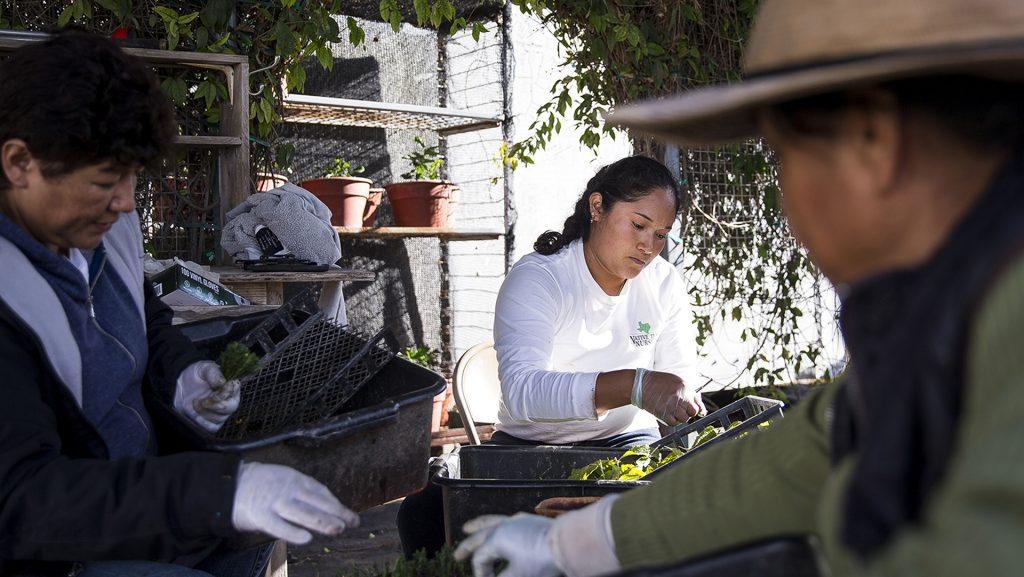The United States claims to want only the best and brightest; however, immigrants with degrees are denied the right to work in their fields.
Michelle Kumar
College-educated immigrants come equipped with experience and knowledge, ready to support themselves. The problem is when they arrive, their degrees become invalid because they aren’t recognized here. Years of hard work go unacknowledged, and these intelligent people are forced to take jobs they’re overqualified for. A streamlined process to transfer these degrees and qualifications needs to be created in all fields.
Hekmat Q. had trained to be a doctor in Cairo. After finishing his residency in 1987, he came to the States. However, when he arrived, he couldn’t practice. Hekmat is currently an interpreter, and although he loves it, it wasn’t his first choice. He had passed all his exams but couldn’t get into a medical residency so he could become certified.
“It was so complicated over here and too expensive for me to support myself while being a full-time student,” Hekmat said. “I eventually had the chance to get a master’s degree in public health and continued to apply for residencies. I wanted to be in the medical field, but quite frankly, there was a lot of discrimination toward foreign doctors.”
RELATED: UI helping first-generation students face higher education head-on
Supporters of the current process say that restrictions ensure that there isn’t a brain drain and that this system ensures the U.S. maintains high standards.
Brain drain is when educated individuals leave developing countries. While this is an issue, it’s not as prominent as supporters would have you believe. Educated people aren’t rushing out of their countries to come work in the U.S. Immigrants migrate for various reasons, but it usually takes extreme push factors (war, corruption, lack of job prospects, etc.)
Many immigrants such as Hekmat who legally can work can’t find jobs. In 2016, 47.4 percent of foreign-born Iowa adults 25 and older had degrees higher than high-school diplomas or GEDs. That same year, the Migration Policy Institute reported that nationwide, 2 million immigrants with college degrees were either working low-skill jobs or could not find work at all. These hurdles perpetuate the idea that immigrants are uneducated and force immigrants into a cycle they can’t get out of.
The idea that the U.S. has superior standards is also false. In regards to higher education, we do have a majority of the top 25 most internationally recognized universities, but that’s based on levels of research, not quality of academics. In 2017, the U.S. was ranked eighth for higher education by the World Economic Forum. In regard to our business sector, Forbes ranked us 12th this year. For health care, we were ranked 39th by the forum.
Hekmat also believes it’s unfair to place the U.S. on such a high pedestal and that brain drain is not an issue.
RELATED: Guest Opinion: Global education should be an Iowan priority
“You can’t talk about the world as one location; each continent has its own circumstances, so we can’t lump them all together. Coming from Jordan and Palestine, people over there consider education a major thing for children to have, and that’s simply because once you have your degree, no one can take it from you. Over there, you’ll find a lot of doctors if they haven’t already migrated, there will be an overload, so people leave to seek other opportunities,” Hekmat said.
Another reason educated immigrants can’t get jobs is because employers don’t take the time to understand their degrees, isolating foreign applicants. Many applicants are overqualified, and even when employers recognize it, immigrants are still turned down.
“When you apply for lower positions, and you have [many] qualifications, they look at you and think something is wrong with you,” Hekmat said.
With all these obstacles, it’s interesting that the U.S. wants a merit-based immigration system. Yet, the best and brightest can’t find jobs. We need to be doing more to support these people and clearing pathways so people such as Hekmat can thrive and continue to better our country.










